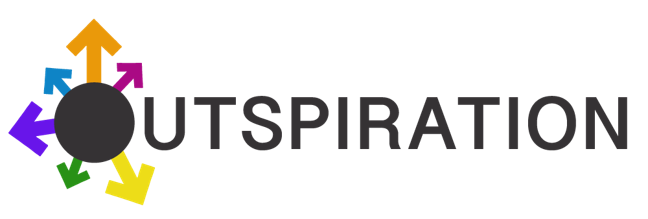Many people dream of starting their own business, and there are a lot of fantastic options out there for becoming your own boss. Those who are living with disabilities may think that their choices are limited, but in reality, taking the plunge into business ownership is achievable even if you have some additional challenges to overcome.
There are definitely some advantages to owning your own business when you are living with a disability. The Guardian points out that having full control over your work environment, including the location, hours, and type of business, can be enormously liberating. Of course, owning your own business is not for the faint of heart, and it can take a lot of hard work and determination to make it successful.
Start by researching your idea, and develop a plan
Brainstorm what type of business you think would suit you, and start researching and planning. This is important for any entrepreneur looking to branch out on their own, but when you have a disability, that adds another complex layer. You will need to consider not only the business, the financing, and the customers you would target, but you need to factor in how having your own business would impact any services and benefits you receive as well as any accessibility issues.
Disability Horizons confirms that research is the cornerstone of success when starting your own business, especially if you are living with a disability. Once you have an idea of what you want to do, you need to research the need for your product or service, the competition, the pricing possibilities, and the potential customer base.
Many home-based businesses work well for those with disabilities
What types of ventures work well for people with some physical limitations? Kabbage details that home-based businesses are worth considering, especially for those who are passionate about creating products such as personal care items, jewelry, or crafts. Sites like Amazon and Etsy can provide an outlet for marketing your products, and social media sites can be useful in spreading the word. This type of business is also a great idea if you have come up with a unique type of product related to your disability or needs that others could utilize as well.
Additional businesses that can be done from home include graphic or web designing, illustrating, or freelance writing or editing. You may have some skills that would serve you well as a consultant, or your skill set may allow you to focus on providing tech support or do customer service work or transcription from home. Not only does working from home enable you to put your specific skills to use, but you can save money on gas and car maintenance as well as receive a tax break by deducting your home office.
Don’t lose sight of the funding
Funding is a concern for nearly every entrepreneur, and this can be even more challenging for someone with a disability. Luckily, there are a number of grants and other financing opportunities created specifically for this type of situation. When you are first delving into the world of entrepreneurship, you might feel more comfortable taking a softer approach to funding. Start by pitching your idea to the people who know you best — your family and friends. Whether they are in love with the idea or simply believe in you, this is a great place to start as well as find a potential business partner to share the costs. Crowdfunding is another great way to raise the funds needed to get your business up and running via donations from several investors. Keep in mind that competitors are seeking funds for their businesses too, so make sure you have a solid business plan and eye-catching pitch.
If you dream of owning your own business, it is critical to carefully consider what to pursue and then research and build a solid business plan. Success is definitely achievable with determination and the right idea, and those who are living with disabilities should not hesitate to pursue their dreams of owning a business themselves.
Image via Pixabay
